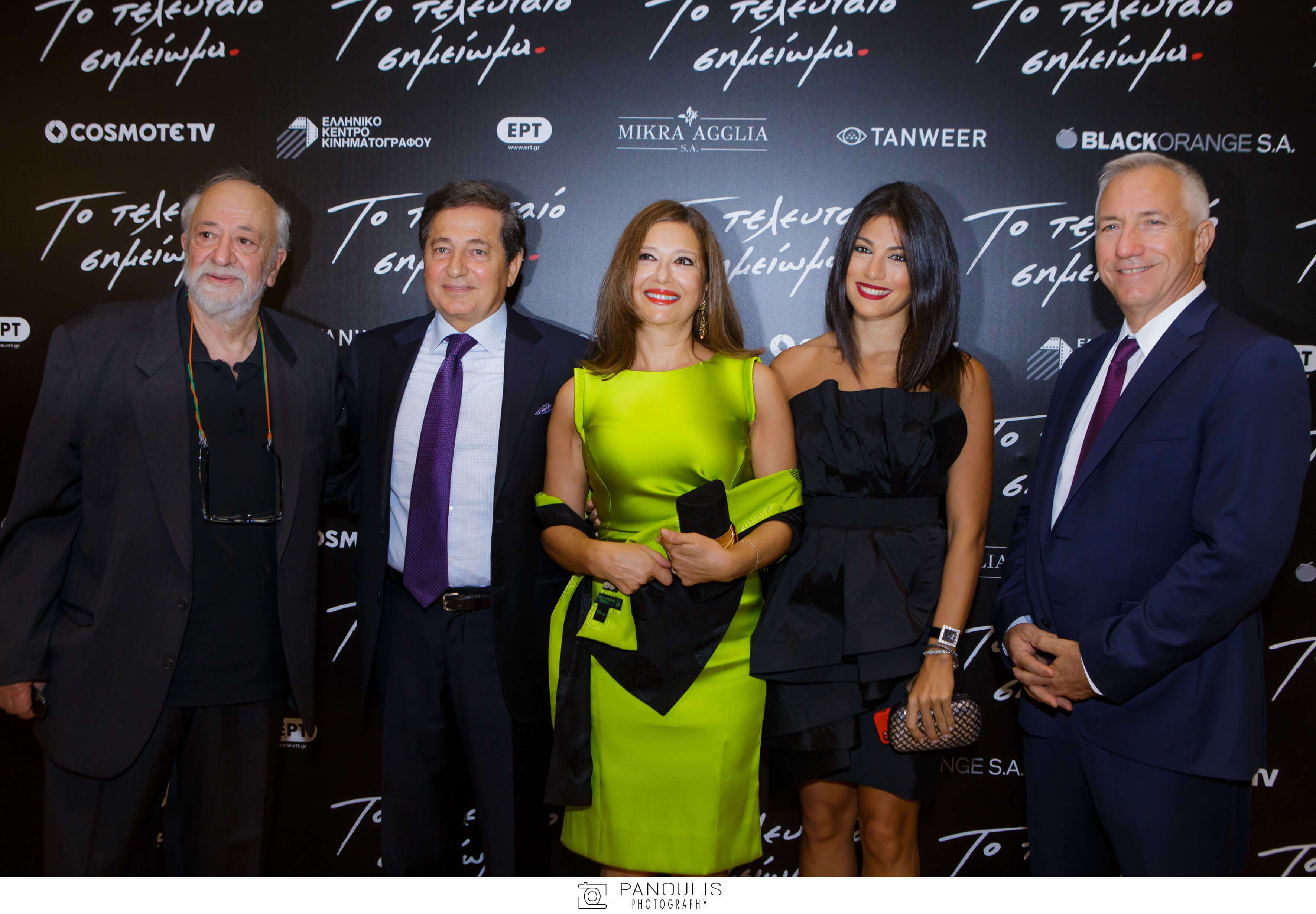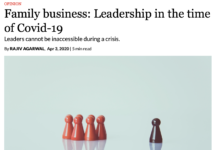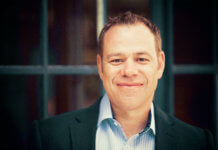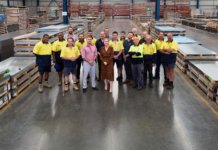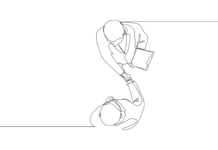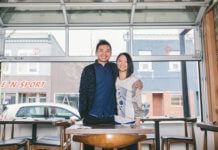Greek entrepreneur of Syrian origin, Joseph Samaan, knew that re-establishing his business in another country offered a paradox of seemingly insurmountable challenges and unmissable opportunities. After building Tanweer, a publishing company in Kuwait with diversified interests in entrepreneurial guidebooks, design magazines and television, the onset of the Gulf War in 1990 left the Samaans with no choice but to leave.
Taking that opportunity and rising to meet multiple challenges is a testament to their adaptability, discipline and work ethic – qualities that, as Joseph Samaan points out, are also the defining characteristics of immigrant entrepreneurs.
Despite not being able to speak a word of Greek when he arrived, Samaan was undeterred in his drive to continue the family’s success. Now, Tanweer is an international media house that operates across 37 countries and specialises in film and television distribution, dubbing and subtitling services, cinema multiplexes and feature film production.
Tanweer’s internationalised strategy reflects its extranational roots. Headquartered in Athens, Greece, the company reaches India and the SAARC territories, Turkey, MENA and elsewhere in Asia.
We had the opportunity to sit down with Joseph Samaan to learn about his cross-border journey of growth, the specific challenges of immigrant entrepreneurship and the involvement of the next generation.
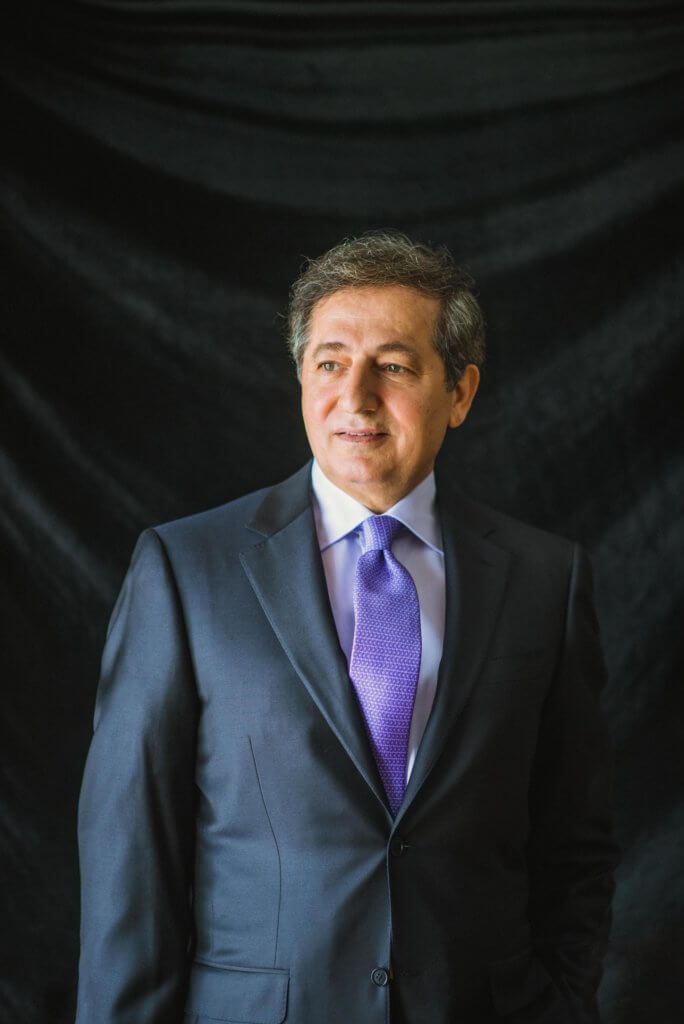
You were born in Syria and lived in Lebanon for part of your life. How did your journey lead you to establish a business in Kuwait?
As a part of my work as the local commercial attaché at the Belgian embassy in Kuwait, I wrote a book on conducting business there. At first, this document was only circulated internally. My secretary printed it to give to Belgian businesspeople coming to Kuwait.
Eventually, one of them suggested that I publish the document as a handbook covering everything from business etiquette to establishing legal residency. I expanded on this idea by highlighting the leading companies in each sector as a sort of reference, which, in an era before readily accessible data via the Internet, proved invaluable.
The book was a success, and I knew the idea warranted further exploration. So, I resigned from my position at the embassy to launch a publishing and advertising company where I produced similar guides for other gulf countries. As time went by, we grew and diversified. When the Gulf War broke out in 1990, we had a design magazine and were making our first foray into television.
What did you do in the face of such adversity?
We had to move. Coalition forces were preparing for war, so I looked for a stable region where I could continue expanding my business. I visited several countries in Europe – Greece was one of them.
At the time, Greece had a piece of legislation, law 89, which enabled international businesses to move their base of operations to Greece and bring their employees with them. It was a golden opportunity to lay down new roots.
“…A human being is full of new beginnings. The challenges we faced were far outnumbered by the opportunities presented to us.”
What was it like adjusting to the move?
Language represented the most immediate challenge; I did not speak Greek. Nevertheless, the Greek people were welcoming, friendly and helpful. The fact that Tanweer is a family business made the move both more challenging and more rewarding: besides re-establishing the business, we had to integrate as a family into the local community.
It was hard being so far away from grandparents, uncles and cousins – isolation is something that all immigrants struggle with. However, as the French like to say, a human being is full of new beginnings. The challenges we faced were far outnumbered by the opportunities presented to us.
You had to start over again in Greece. How did you build on your previous success and what does Tanweer do today?
In the Middle East, the place where we started over 30 years ago, Tanweer is as influential as ever. We are a distribution arm throughout the region for television content, working with Disney, Discovery, MGM and others.
We also distribute films for cinema, produce films, do dubbing and provide local studio space in Cairo, Dubai and Jordan for international studios like Disney, Amazon, Netflix and Turner.
In Greece, we represent Warner Bros for theatrical distribution, Warner Bros and Universal for home entertainment distribution and Disney for Free TV. Our studios in Athens also provide dubbing and subtitling services. When international clients shoot here, we provide local support.
Film and television is an exciting space to be in: in the Middle East and around the world, these industries are the space where creativity and innovation coincide.
“Over the course of growing a business, a clear pattern develops – when you love your people, both employees and clients, they will love you back.”
Why have you succeeded as an entrepreneur where so many others have failed?
Discipline is the most critical success factor. After discipline comes hard work and not only choosing the right people but also taking care of them so they can take care of the business.
For the latter, a natural predisposition to liking people comes in handy. I am at my best when I am interacting with others. Over the course of growing a business, a clear pattern develops – when you love your people, both employees and clients, they will love you back.
The ability to adapt to change – a quality that served us well in our move to Greece – is the final piece of the puzzle. Integrating into a new culture requires the same openness, commitment and effort that allow businesses to evolve into changing markets. The film and television industries are driven by technology, and that technology is always changing. So, adaptability is more than just an asset; it’s a requirement.
You have made a home in Syria, Lebanon, Kuwait and Greece. How has your definition of home changed in the process?
It’s not something I consider often, but what I know is that every country – every home – exists in my heart. Each has played a significant role in forming my personality, giving me a path to success and leading me to where I am now.
[ms-protect-content id=”4069,4129″]
Each has its part in my life. I was born in Syria, and that is where my roots are. I was educated in Lebanon, and that is where my closest friendships were formed. In Kuwait, I founded my business; it’s where my vision became a reality. Now I’m in Greece, which is where our future lies and where we will continue to grow as a family and as a business.
How is the next generation involved?
My three children each bring something different to the table. Some time ago, after finishing her Masters at Columbia University in New York and working in London, my daughter Dima told me she was ready to join the family business.
She’s been with us for a while now and is already leading the way on some projects. Aside from her role at Tanweer, she has started a business embarking on an entrepreneurial journey that is uniquely her own.
Ashraf and Andrew, my sons, have their own vision for what they want to do, both within the context of the family business and externally to it. Ashraf works with me here in Greece, developing our VR capabilities and producing content that explores the foundations of Greek science and technology, which is a passion of his.
Andrew is our creative. His involvement in the entertainment industry is writing and performing songs that reflect his outlook on life.
While she’s not part of the next generation, I’d be remiss not to mention the contributions of my wife , Majd, who has developed our social relationships within the Greek community and carries the culture of our family.
“In an ideal world, [we] work together towards seamless integration and collaboration.”
Do you believe that the current wave of mass emigration from Syria will lead to thriving businesses in the places where they settle?
When people emigrate, they are forced to rebuild. Immigrants face momentous challenges and have to put in an even greater amount of effort to achieve what they want in life. The Syrians leaving their country to start over elsewhere are no different. Many are educated, adaptable and driven to succeed.
That said, immigration on such a scale poses a challenge for both immigrants and for the society in which they land. In an ideal world, they work together towards seamless integration and collaboration. Sadly, this is not always the case. In my opinion, another part of the solution is to exert efforts to create peace and prosperity in countries like Syria, where people are forced to emigrate en masse.
What do you hope to see in Tanweer’s future?
I want my family to be able to achieve their dreams, be well and be happy, which is part of the reason we moved to Greece in the first place. Legacy exists only after these necessities are fulfilled. I do, however, wish to see them expanding on what we have built long into the future, taking Tanweer wherever it is meant to go next.
[/ms-protect-content]


